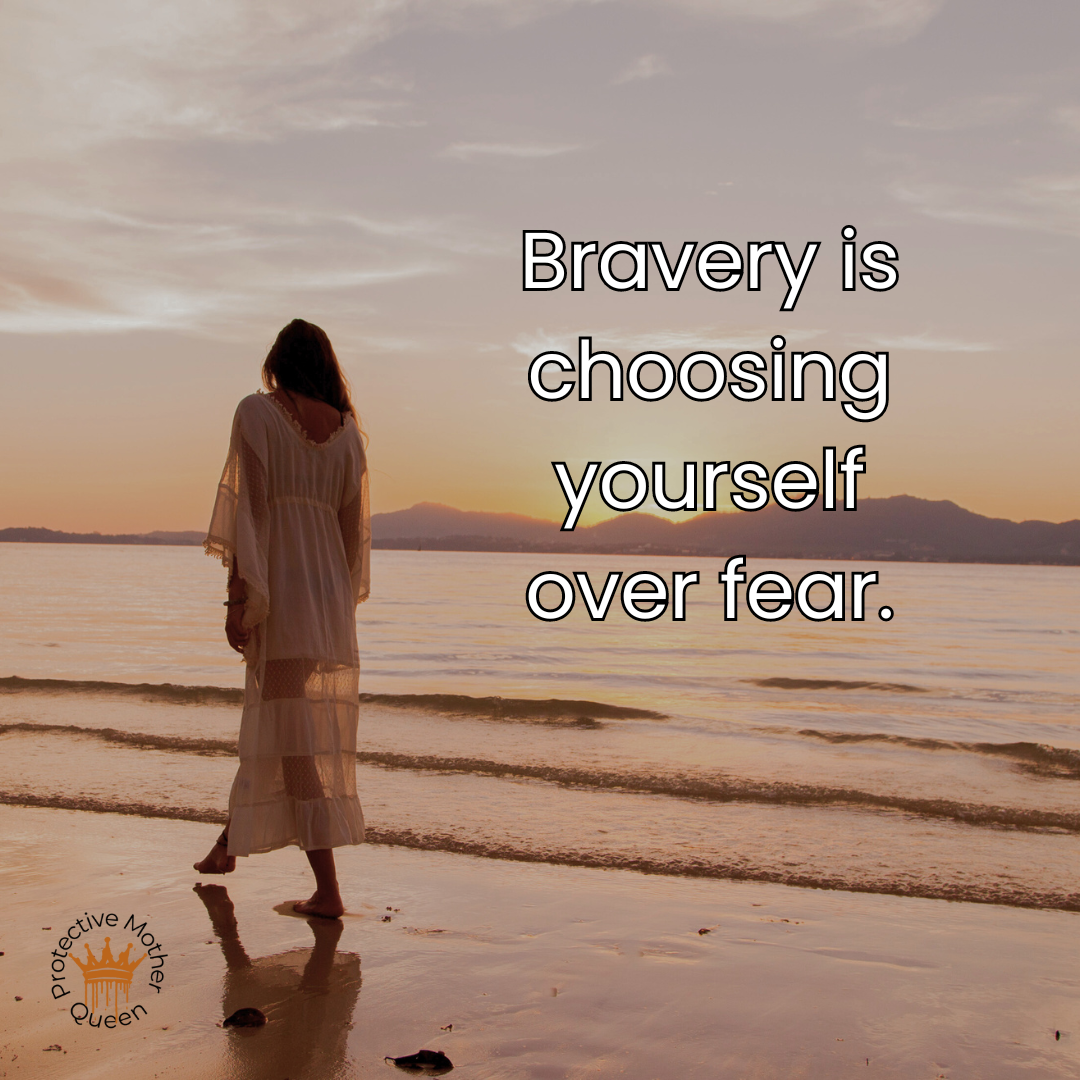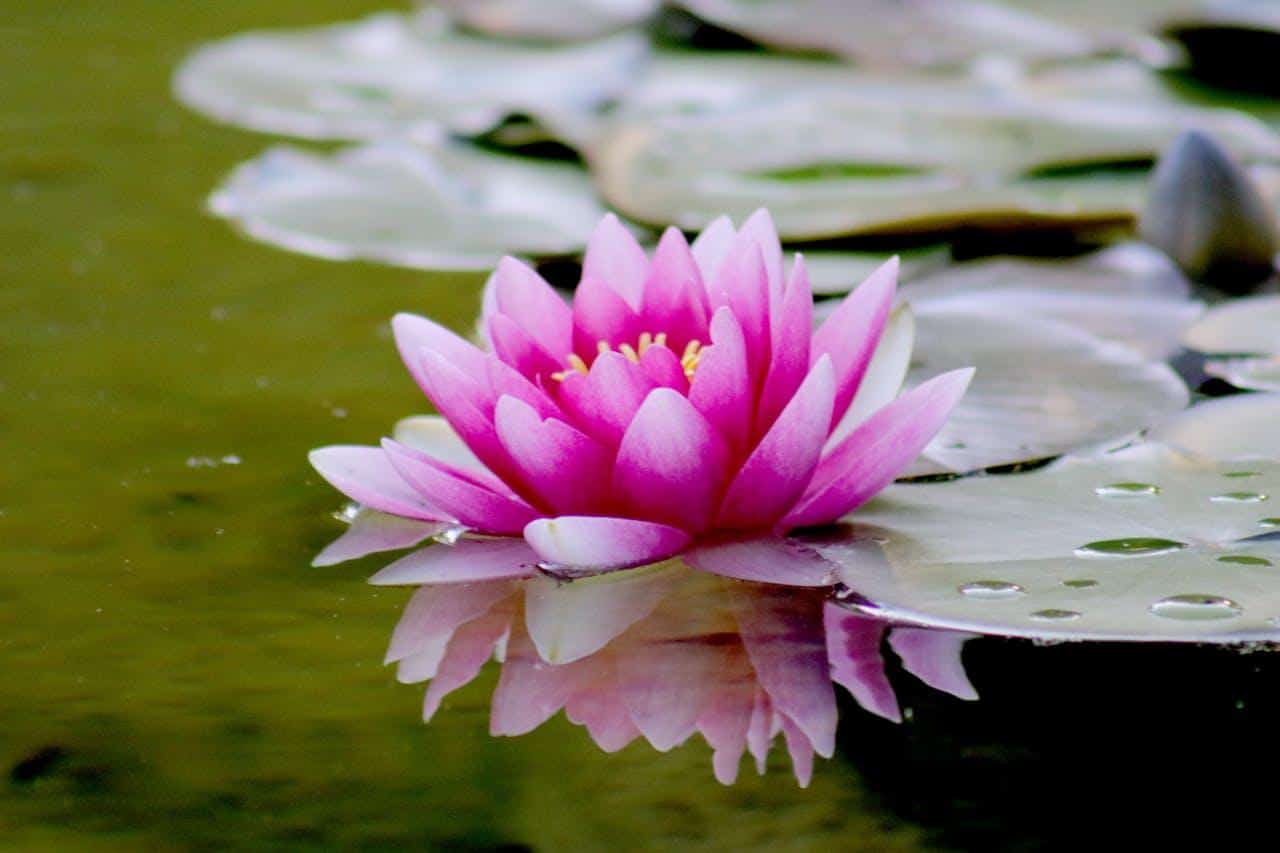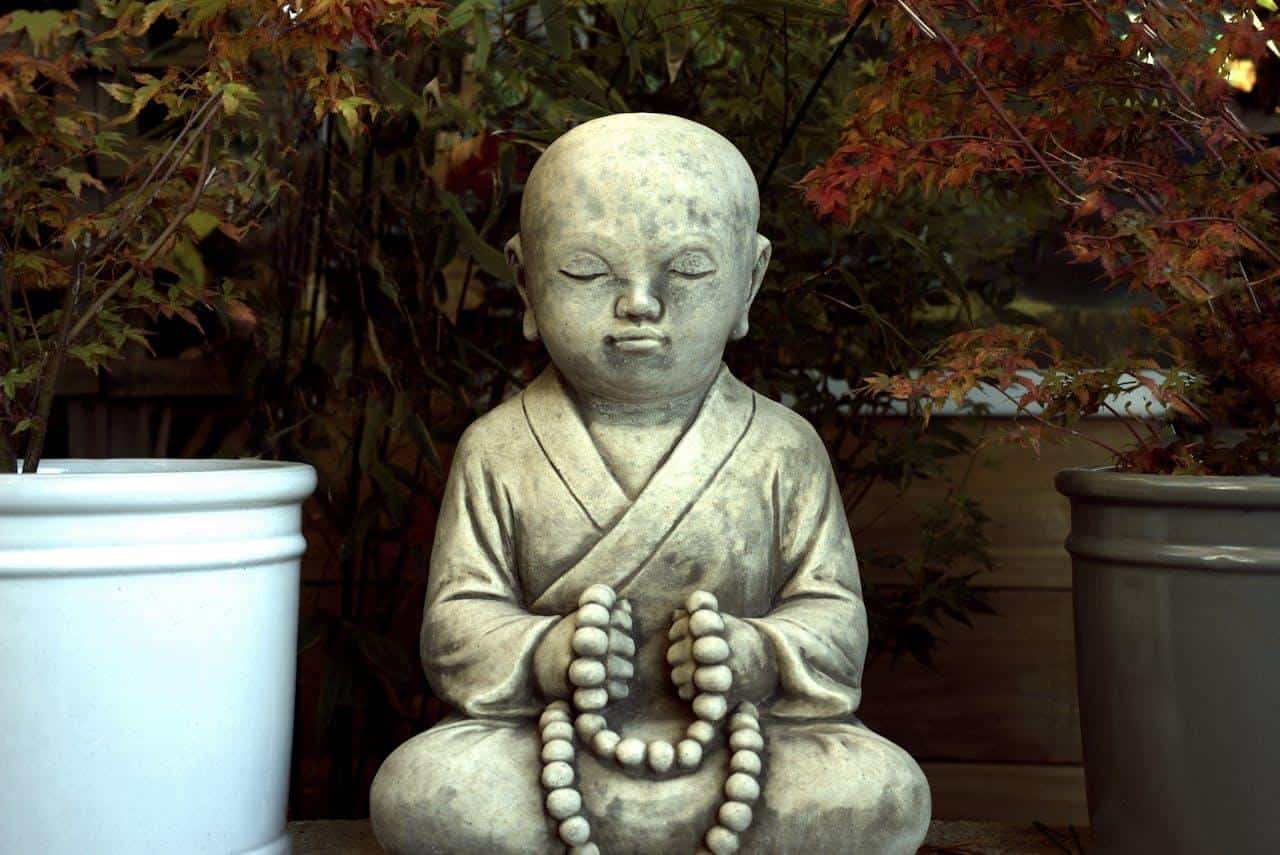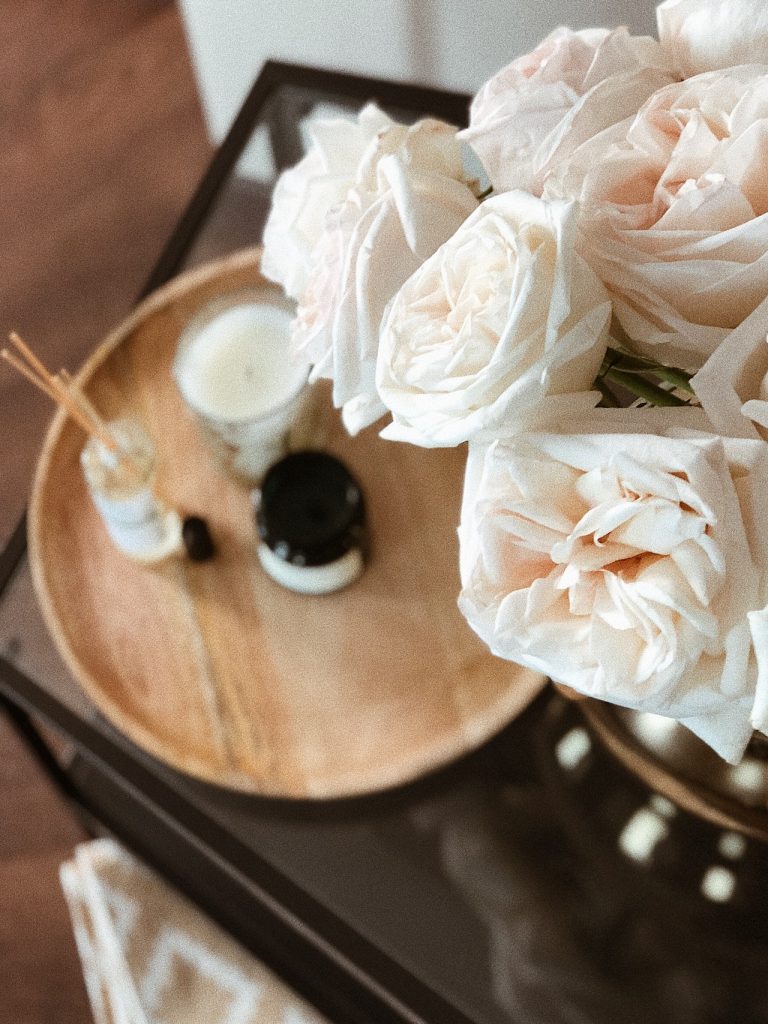
Wow, self-care. It’s one of those buzzwords that’s everywhere these days, right? But let me tell you, it’s so much more than fancy bath bombs and expensive spa days. Did you know that 44% of people report feeling more stressed than they did five years ago? That’s a lot of us walking around with our stress meters in the red zone! But here’s the good news: self-care can be a game-changer. In this guide, we’ll explore what self-care really means and how you can start practicing it today. Trust me, your future self will thank you!
Understanding Self-Care: More Than Just a Trend
Alright, let’s dive into this whole self-care thing. I’ll be honest, when I first heard about it, I thought it was just another fad for people who had too much time on their hands. Boy, was I wrong!
So, what exactly is self-care? I’ve come to realize it’s basically about taking deliberate actions to look after your physical, mental, and emotional health. It’s not just about treating yourself to a spa day (though that can definitely be part of it!). It’s more like… making sure you’re not running on empty all the time.
I remember a few years back, I was juggling a full-time nursing job, being Nana, and trying to have some semblance of a social life. I thought I was crushing it, you know? But then I started getting these killer headaches and couldn’t sleep for beans. My doctor took one look at me and was like, “Dude, you’re stressed out of your mind.” (She’s doesn’t actually talk like that, I’m just being funny) That’s when I realized I needed to get my act together and start taking care of myself.
Now, there’s a bunch of misconceptions about self-care that I used to buy into. Like, I thought it was selfish to focus on myself when I had kids who needed me. Or that self-care was all about expensive indulgences. Turns out, those ideas are pretty much garbage.
Self-care isn’t selfish – it’s actually crucial for being able to show up fully for others. It’s like they say on airplanes: put your own oxygen mask on first before helping others. And it doesn’t have to cost a dime. Some of my best self-care practices are totally free, like taking a walk in the park or calling up an old friend for a chat.
Now, I’m no scientist, but I’ve read up on this stuff, and the research is pretty darn compelling. Apparently, when we engage in self-care activities, our bodies release all these feel-good chemicals like endorphins and oxytocin. It’s like giving your brain a big ol’ hug.
And get this – regular self-care practices can actually change the structure of your brain over time. It’s called neuroplasticity, and it’s pretty wild. Basically, the more you do things that reduce stress and promote well-being, the better your brain gets at handling stress in general. How cool is that?
I’ve noticed a huge difference in my own mental health since I started taking self-care seriously. I used to get super anxious before when too much piled up on my plate, but now I’ve got this little routine where I do some deep breathing and listen to my favorite pump-up song beforehand. It sounds simple, but it works wonders.
One thing I’ve learned is that self-care looks different for everyone. What works for me might not work for you, and that’s totally cool. The key is to experiment and find what makes you feel recharged and balanced.
For me, it’s a mix of physical stuff like going for a jog (okay, more like standing up and doing a few deliberate stretches) and mental stuff like reading a good book or doing a Soduko puzzle. I also try to stay connected with my bestie, because social support is huge for mental health.
Listen, I know life gets crazy busy sometimes. Trust me, I’ve been there. But making time for self-care isn’t just a nice-to-have, it’s a must-have. It’s like maintenance for your car – if you don’t do it regularly, you’re gonna break down eventually.
So, if you’re feeling overwhelmed or burnt out, take it from someone who learned the hard way: start small with self-care. Maybe it’s just taking five minutes to sit quietly and breathe. Or saying no to that extra commitment that’s stressing you out. Whatever it is, your future self will thank you for it.
Self-care isn’t selfish, it’s not a luxury, and it’s definitely not just a trend. It’s a vital part of living a healthy, balanced life and it’s never, ever too late to start caring more about your personal well-being. And hey, if anyone gives you grief about it, just tell ’em your wise old retired nurse friend said it’s important. That oughta shut ’em up!
Assessing Your Self-Care Needs: Where to Start
Okay, let’s talk about figuring out what you need when it comes to self-care. Trust me, I’ve been down this road, and it’s not always easy to know where to start. But don’t worry, I’ve got your back!
First things first, we gotta figure out which parts of your life need some TLC. For me, it was a real eye-opener when I realized I was neglecting my physical health. I mean, I was so focused on being a great nurse that I forgot I needed to take care of myself too. Whoops!

So, here’s what I did: I sat down one night with a pizza (because why not?) and made a list of different areas in my life – work, relationships, health, hobbies, you name it. Then I rated each one on a scale of 1 to 10, with 10 being “Nailing it!” and 1 being “Houston, we have a problem.” It was pretty sobering to see it all laid out like that.
Now, let’s talk about burnout and stress. These sneaky buggers can creep up on you before you even realize what’s happening. I remember this one time, I was snapping at someone I worked with over the tiniest things, and I couldn’t figure out why. Turns out, I was majorly stressed and didn’t even know it.
Some signs to watch out for: feeling exhausted all the time (and I’m not talking about normal working mom tired), losing interest in things you used to love, getting irritated easily, or having trouble sleeping. Oh, and if you find yourself daydreaming about running away to a deserted island, that might be a clue too.
Physical symptoms can pop up too. For me, it was these killer tension headaches. My shoulders were so tight, you could’ve bounced a quarter off them. Not fun.
Alright, so once you’ve identified where you need some self-care and recognized if you’re heading towards burnout, it’s time to create a plan. This is where it gets personal, folks. What works for me might not work for you, and that’s totally fine.
Start by brainstorming activities that make you feel good and recharged. Maybe it’s reading a book, going for a walk, or calling a friend. For me, it’s cranking up some 80s rock and having a solo dance party in my living room. Don’t judge – it works!
Then, think about how often you need to do these things to feel balanced. Daily? Weekly? Monthly? Be realistic here. I tried to meditate for an hour every day and lasted about… three days. Now I aim for 10 minutes a few times a week, and it’s much more doable.
Here’s a pro tip: schedule your self-care activities like you would any other important appointment. I actually put “Dance like nobody’s watching” in my calendar. It might seem silly, but it helps me prioritize it.
Remember, your self-care plan isn’t set in stone. Life changes, and your needs might change too. I used to think yoga was boring, but now it’s one of my favorite ways to unwind. Go figure!
One thing that really helped me was tracking how I felt after doing different self-care activities. I noticed that after spending time in nature, I felt way more relaxed and focused. So now, I make sure to get outside for at least a little bit every day, even if it’s just sitting on my porch with a cup of coffee.
Don’t be afraid to experiment and try new things. I never thought I’d be into gardening, but now I’ve got a little herb garden that brings me so much joy. Plus, fresh basil! Who doesn’t love that?
Finally, cut yourself some slack. Some days, self-care might look like taking a nap or saying no to plans. And that’s okay! The important thing is that you’re making an effort to take care of yourself.
Assessing your self-care needs isn’t a one-and-done deal. It’s an ongoing process. But trust me, the more you tune into what you need, the better you’ll get at giving yourself the care you deserve. You’ve got this!
Physical Self-Care: Nurturing Your Body
Alright, let’s chat about taking care of our bodies. I gotta tell ya, I used to think physical self-care was just for fitness buffs and health nuts. Boy, was I off the mark!
Let’s start with exercise. Now, I’m not talking about becoming the next Olympic athlete here. When I first started, I couldn’t run to save my life. I remember trying to jog around the block and ending up wheezing like an old accordion. Not my finest moment.
But here’s the thing: regular movement is key. It doesn’t have to be intense. For me, it started with just taking a walk after dinner. Before I knew it, I was looking forward to those walks. They cleared my head after a long day of wrangling nasty files..
Exercise isn’t just about losing weight or getting buff (though those can be nice side effects). It’s about feeling good in your own skin. I noticed I had more energy, slept better, and even my mood improved. Who knew moving your body could be like a happy pill?
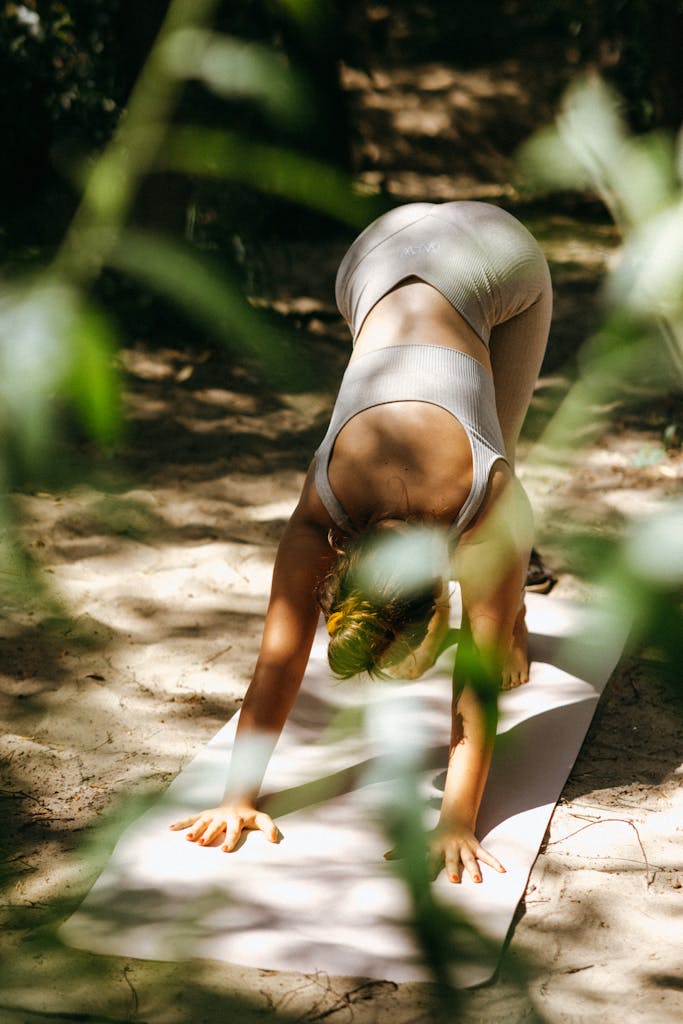
Now, let’s talk grub. Nutrition used to be my nemesis. I was the queen of girl dinners and takeout. My idea of a balanced meal was a slice of pizza in each hand. But man, did I pay for it. I was always tired, my skin looked like I’d been living in a cave, and don’t even get me started on my digestive issues.
Cleaning up my diet was a game-changer. I’m not perfect – I still enjoy a good burger now and then. But I try to eat more veggies, whole grains, and lean proteins. And let me tell you, the difference is night and day. I have more sustained energy throughout the day, and I don’t crash at 3 PM anymore.
Oh, and hydration! I used to think I was doing great if I had a couple of glasses of water a day. Turns out, that wasn’t cutting it. Now I carry a water bottle everywhere. It’s like my sidekick. You could even got one of those fancy ones with markers to track how much I’m drinking. It’s kinda fun, actually.
Okay, let’s move on to sleep. This is a biggie, folks. I used to wear my lack of sleep like a badge of honor. “I’ll sleep when I’m dead,” I’d say. Well, let me tell you, I felt pretty close to dead most days.
Getting my sleep hygiene in order was a game-changer. I set a consistent bedtime (yes, even on weekends… most of the time), created a relaxing bedtime routine, and kicked my phone out of the bedroom. It was tough at first – I’d lay there staring at the ceiling, thinking about all the grading I had to do. But after a while, my body got the hint.
Now, I’m not saying I get perfect sleep every night. Sometimes some buffoon feels like screeching down the main drag at 2 AM. But overall, I wake up feeling way more refreshed. And let me tell you, facing my workload at my government job is a lot easier when you’re not running on fumes.
One thing I’ve learned is that physical self-care isn’t about being perfect. It’s about making small, consistent choices that add up over time. Some days, my “exercise” might just be dancing while I do the dishes. And you know what? That counts!
I’ve also found that physical self-care has a ripple effect. When I take care of my body, I have more energy to tackle other areas of my life. It’s like a domino effect of goodness.
So, if you’re feeling overwhelmed about where to start with physical self-care, just pick one small thing. Maybe it’s adding an extra glass of water to your day, or going for a 10-minute walk. Trust me, your body will thank you.
It’s not about being perfect. It’s about progress. And hey, if you fall off the wagon (like I did during last year’s cookie exchange), just dust yourself off and hop back on. Your body is the only place you have to live, so might as well take care of it, right?
Emotional Self-Care: Honoring Your Feelings
Alright, let’s dive into the world of emotional self-care. This is a biggie, folks. I used to think emotions were something you just pushed down and ignored. Boy, was I wrong about that one!
So, managing stress and anxiety. This is something I’ve had to learn the hard way. I remember one time, I was so stressed about my previous shift as a nurse, I literally cried for three days and could not get back to work. Not my finest moment, let me tell you.
One technique that’s been a game-changer for me is deep breathing. I know, I know, it sounds too simple to actually work. But trust me, it does. When I feel my stress levels rising, I take a few deep breaths, counting to four as I inhale and eight as I exhale. It’s like hitting the reset button on my nervous system.
Another trick I’ve picked up is the good old “brain dump”. When my mind is racing with a million thoughts, I grab a piece of paper and just write everything down. It doesn’t have to be neat or make sense. The goal is to get it out of your head and onto paper. It’s like decluttering your brain.

Now, let’s talk about mindfulness and meditation. I’ll be honest, when I first heard about this stuff, I thought it was a bunch of new-age hogwash. Me, sit still and think about nothing? Yeah, right.
But then I gave it a shot. I started with just five minutes a day, using one of those meditation apps. At first, my mind was all over the place. I’d start thinking about my grocery list, what I was going to face tomorrow, whether I’d left the stove on… you name it.
But over time, it got easier. Now, I actually look forward to my little meditation sessions. It’s like a mini-vacation for my brain. And the best part? I’ve noticed I’m calmer and more focused throughout the day.
Journaling is another tool that’s been super helpful for me. I used to think journaling was just for angsty teenager me, but turns out it’s pretty powerful stuff. I try to write for about 10 minutes each morning, just jotting down my thoughts and feelings that have arisen.
Sometimes I write about good stuff, like an interaction that went really well or a funny thing one of my grandkids said. Other times, I write about things that are bugging me or problems I’m trying to solve. Either way, it helps me process my emotions and gain some perspective.
One thing I’ve learned is that it’s okay to feel your feelings. For a long time, I thought being “strong” meant never showing emotion. It was also how I was raised. But now I realize that acknowledging and expressing my emotions in a healthy way is actually a sign of strength, not to mention maturity.
Now, I’m not saying I’ve got this emotional self-care thing all figured out. I still have days where I want to tear my hair out or hide under my desk. But having these tools in my back pocket has made a huge difference.
One last thing I want to mention is the importance of self-compassion. This was a tough one for me to learn. I used to beat myself up for every little mistake or perceived failure. Now, I try to talk to myself like I would to a friend. It’s amazing how much of a difference a little kindness to yourself can make.
Remember, emotional self-care isn’t about never feeling negative emotions. It’s about learning to process and manage those emotions in a healthy way. And trust me, it’s a skill worth developing. Your future self (and probably everyone around you) will thank you for it!
So, next time you’re feeling overwhelmed, try taking a few deep breaths, jotting down your thoughts, or even just giving yourself a little pep talk. You’ve got this!
Mental Self-Care: Stimulating Your Mind
Let’s chat about mental self-care, shall we? This is one area where I’ve really had to up my game over the years. I used to think that binge-watching TV shows was all the mental stimulation I needed. Spoiler alert: it wasn’t.
First off, let’s talk about continuous learning. Now, I know what you’re thinking – “I’m not in school anymore, why do I need to keep learning?” Trust me, I had the same thought. But here’s the thing: keeping your mind active and engaged is like giving your brain a workout.
I remember when I first started trying to learn certain computer apps. It was tough, and there were times when I felt like my brain was melting. But you know what? It was also kinda fun. I’d find myself getting excited about creating a new social media post to share after I’d learned a particular skill.
Mental challenges don’t have to be as intense as learning a new language, though. I’ve gotten into puzzles lately – crosswords, sudoku, you name it. It’s like a little mental gymnastics session for my brain. And let me tell you, the feeling of finally cracking a tough puzzle is pretty darn satisfying.
Now, let’s talk about the elephant in the room: screen time. Oh boy, this one’s a doozy. I used to be glued to my phone 24/7. Social media, news apps, random YouTube videos – you name it, I was scrolling through it. But I started noticing that I was always feeling kinda… frazzled.
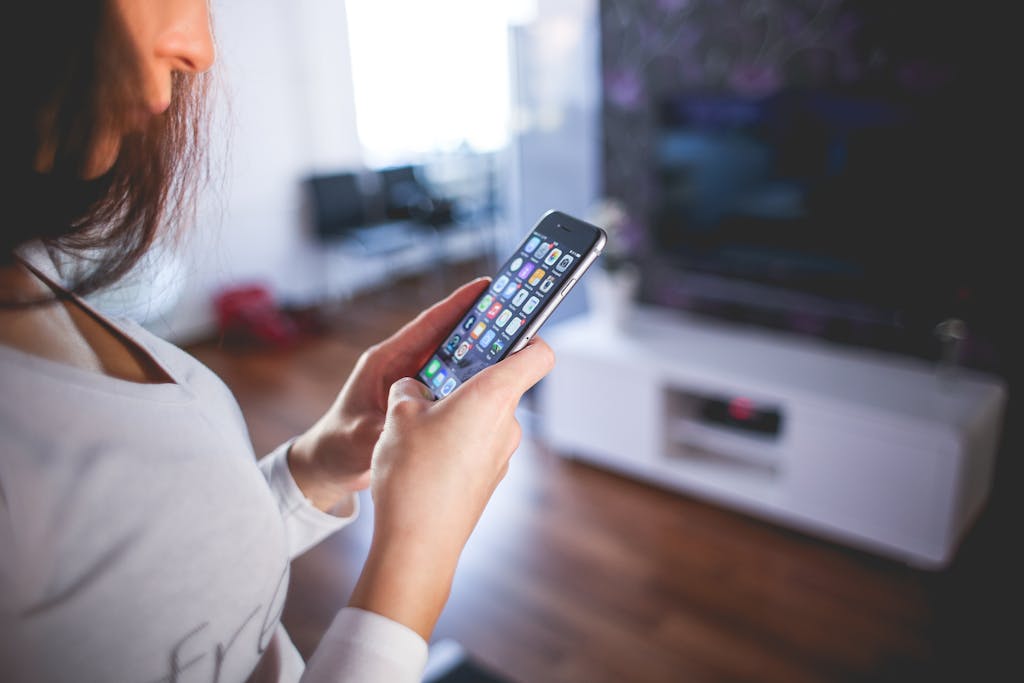
Turns out, all that constant information was overloading my poor brain. It was like trying to drink from a fire hose. So, I decided to set some boundaries. I started with a “no phones at dinner” rule. Then I added a “no screens an hour before bed” rule. It was tough at first – I felt like I was missing out on everything. But after a while, I realized I wasn’t really missing much at all.
I’ve found that limiting my screen time has made a huge difference in my mental clarity. I’m less anxious, I sleep better, and I actually have time for other activities. Who knew?
Speaking of other activities, let’s chat about hobbies and creative pursuits. This is where things get fun. I used to think I wasn’t a “creative” person. Growing up I was told that my sister was the artist, not me. But I’ve learned that creativity comes in all forms.
Recently I started to get back into macrame. I decided to try making a bunch of keychains. Some were disasters, but some were surprisingly good. And you know what? The process of following a vidoe, improvising when I didn’t have the right supplies, and sitting back to observe my creation – it was all surprisingly satisfying.
I’ve also gotten into house plant gardening. There’s something really zen about digging in the dirt and nurturing plants. Plus, it’s a great way to create my indoor oasis and get away from screens. And let me tell you, being surrounded by gorgeous, healthy plants that are also helping to clean my air, is about a million times better than life without plants.
One thing I’ve realized is that hobbies don’t have to be productive. Sometimes, it’s just about doing something you enjoy. I have a colleague who’s really into building elaborate domino setups. Is it practical? Nope. But it makes him happy and keeps his mind engaged.
The key is finding something that challenges you in a way that’s enjoyable. Maybe it’s learning to play an instrument, or writing short stories, or even just putting together a Lego set. The point is to give your brain something to focus on that isn’t work or daily stressors.
I’ve noticed that when I make time for these kinds of activities, I feel more balanced. It’s like my brain gets a little vacation, even if it’s just for a short time. And often, I find that after I’ve spent some time on a hobby, I’m better able to tackle other tasks.
Mental self-care isn’t about being productive all the time. It’s about giving your brain the stimulation and rest it needs to function at its best. So go ahead, pick up that dusty guitar, start that herb garden, or finally learn how to juggle. Your brain will thank you for it!
Social Self-Care: Nurturing Relationships
Alright, let’s dive into social self-care. This is a biggie, folks. I used to think I was a social butterfly, flitting from one interaction to another. Turns out, I was spreading myself thinner than butter on toast at a fancy restaurant.
First up, boundaries. Oh boy, did I struggle with this one. I was the person who’d always say yes. Extra committee at school? Sure! Help a friend move on my only day off? Why not! It got to the point where I was drowning in commitments and resentment.
I remember this one time, I agreed to host a dinner party the night before a big work event. By the time the last guest left, it was midnight, and I still had to prep for the next day. I was a zombie at work, and the event was a disaster. That was my wake-up call.
Setting boundaries isn’t about being mean or selfish. It’s about respecting your own needs and time. Now, I’ve learned to pause before saying yes to things. I ask myself, “Do I really have the time and energy for this?” If the answer’s no, I politely decline. And you know what? The world hasn’t fallen apart yet.
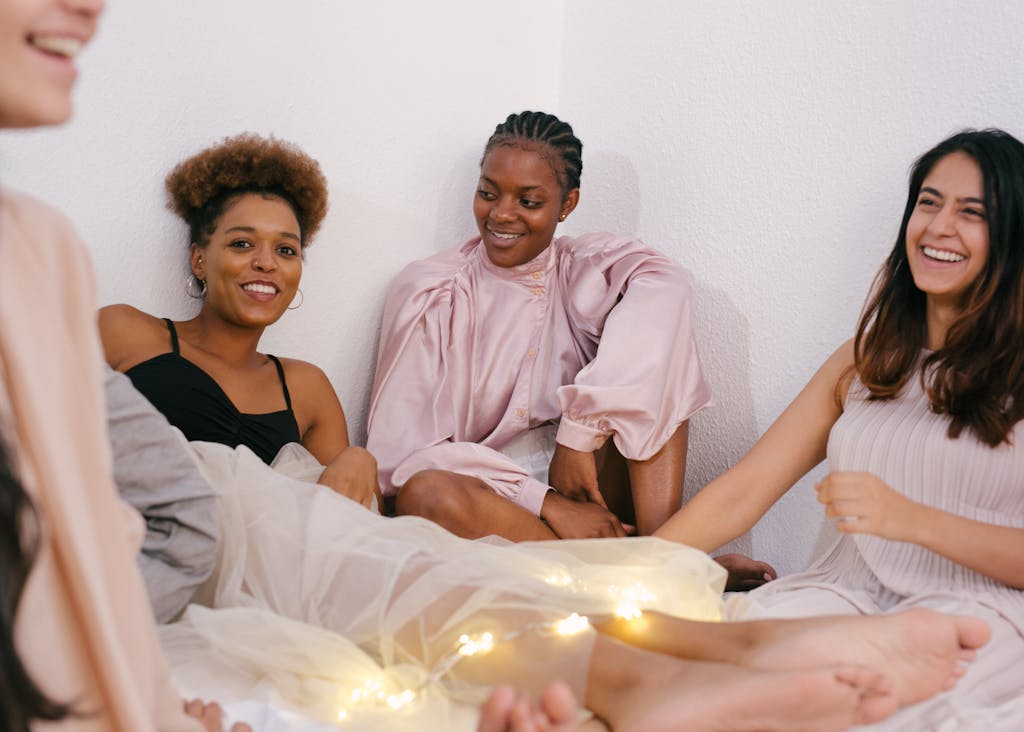
Now, let’s talk about cultivating meaningful connections. I used to think having a ton of acquaintances meant I was socially successful. But I realized I was missing out on deeper connections.
So, I started focusing on quality over quantity. Instead of trying to catch up with everyone all the time – and being the only one who was doing it – I zeroed in on a few key relationships. I started having regular video coffee dates with my closest friend, Jen. We’d really talk – not just small talk, but the deep stuff. It’s amazing how much closer we’ve become.
I also started a to do game night with my grandsons whenever I got to take care of them. They are off their screens, I’m off mine, and we make a meaningful connection. It’s become something I really look forward to. It’s not just about the games (though I do love a good round of Catan), it’s about creating a space where we can relax and be ourselves.
Here’s a pro tip: put your phone away during these interactions. I used to check my phone every five minutes. Now, I make a point of being fully present. It makes a world of difference. Plus, my grandkids deserve it.
Now, let’s tackle the toughest part of social self-care: asking for help. Oof, this was a tough one for me. I had this idea that I needed to be self-sufficient all the time. Asking for help felt like admitting failure.
But then I had this really rough week. My body broke down, I was behind on my dishes, and my dog still needed exercise. I was barely keeping it together. Finally, I broke down and asked my son if she could walk my dog for a few days. And you know what? He was happy to help. It was like a weight had been lifted off my shoulders.
Since then, I’ve been trying to get better at asking for support when I need it. It’s still not easy, but I’m learning that most people genuinely want to help. Plus, it allows others to feel good about lending a hand.
I’ve also found that being willing to ask for help has made me more approachable when others need support. It’s created this nice give-and-take in my relationships.
One thing I’ve learned is that social self-care looks different for everyone. If you’re an introvert like me, it might mean setting aside time for solitude to recharge. If you’re an extrovert, it might mean making sure you have regular social interactions.
The key is to find what works for you. Maybe it’s joining a book club, or volunteering, or just having a weekly phone call with a loved one. Whatever it is, make it a priority.
Remember, we’re social creatures. Even us when your job involves spending all day surrounded by people, we need meaningful connections outside of work. It’s not selfish to nurture your relationships – it’s essential.
So, go ahead and set that boundary, schedule that coffee date, or ask for that favor. Your social well-being is worth it. And who knows? You might just find that taking care of your social needs makes you better equipped to handle everything else life throws your way.
Spiritual Self-Care: Finding Meaning and Purpose
Let’s chat about spiritual self-care. Now, before you start thinking I’m gonna get all preachy on you, hold up! This isn’t necessarily about religion (though it can be if that’s your thing). It’s more about finding meaning and purpose in life.
I’ll be honest, I used to think spiritual self-care was a bunch of hooey. I mean, I was too busy being a single mom to three while holding down a full-time nursing job at the time, to worry about the meaning of life, right? But man, was I missing out.
Let’s start with exploring personal values and beliefs. This one hit me like a ton of bricks during a particularly rough year. I was feeling burnt out and questioning why I even became a nurse in the first place. So, I decided to do some soul-searching.

I sat down one weekend and really thought about what mattered to me. What did I want my life to stand for? It wasn’t easy, let me tell you. I felt like I was back in philosophy class, only this time the stakes were real.
But you know what? It was eye-opening. I realized that one of my core values was helping others find comfort. Suddenly, nursing wasn’t just a job anymore – it was a way to live out my values every day. Talk about a perspective shift!
Now, let’s talk gratitude. I used to roll my eyes at this one. “Be grateful for what you have,” they said. Yeah, right. Try being grateful when you’re dealing with budget cuts and rowdy teenagers.
But then I gave it a shot. I started a gratitude journal. Every night, I’d write down three things I was thankful for. At first, it felt forced. But after a while, I started noticing little things throughout the day that I could add to my list.
Like the time one of my kids finally understood a concept they’d been struggling with. Or when a colleague brought me coffee on a particularly rough morning. These small moments of joy had always been there – I just hadn’t been paying attention.
Mindfulness is another big one. Now, I’m not talking about sitting cross-legged on a mountaintop (though if that’s your jam, go for it). For me, mindfulness is about being present in the moment.
I started small. During my commute, instead of stressing about the day ahead, I’d focus on my surroundings. The color of the sky, the feel of the steering wheel, the sound of the radio. It sounds simple, but it made a huge difference in how I started my day.
Now, let’s talk about connecting with nature. I used to think this meant you had to be some kind of outdoorsy type who goes camping every weekend. Spoiler alert: you don’t.
For me, it started with just taking my lunch outside instead of eating at my desk. I’d find a quiet spot and just… be. Feel the sun on my face, listen to the birds, watch the clouds move. It became my little oasis in the middle of hectic days.
One thing I’ve learned is that spiritual self-care doesn’t have to be complicated or time-consuming. It can be as simple as taking a few deep breaths and reminding yourself of your purpose before starting a difficult task.
I’ve also found that this kind of self-care has a ripple effect. When I’m more grounded and purposeful, I’m better at my job, a better friend, and better person overall. It’s like filling up your own cup so you have more to give to others.
Spiritual self-care is deeply personal. What works for me might not work for you, and that’s okay. Maybe you find meaning through art, or music, or volunteering. The important thing is to make space in your life for whatever helps you feel connected to something bigger than yourself.
Take that nature walk, start that gratitude practice, or just spend some time pondering what really matters to you. Your spirit will thank you for it. And who knows? You might just find that adding a little spirituality to your self-care routine makes everything else in life feel a bit more meaningful.
Professional Self-Care: Balancing Work and Life
Alright, let’s dive into professional self-care. This is a biggie, especially if you’re in any sort of caregiving role as your job. I mean, when your work involves shaping young minds, it’s easy to let it take over your whole life. Been there, done that, got the coffee-stained t-shirt.
First up, setting realistic work goals and expectations. Oh boy, did I struggle with this one. I used to think being a good nurse (when I was one) meant working myself to the bone. I’d skip breaks and meals regularly and do all the things nobody else wanted to do.
Then came the Great Burnout of 2014. I was exhausted, cranky, and seriously considering a career change to become a hermit in the mountains. That’s when I realized something had to give.
I started by setting some healthy boundaries, but that wasn’t until I had come out of a deep depression. I learned to say no to things that did not float my cork. Was everything perfect? Nope. But you know what? The world didn’t end. People who asked me to do things found other ways to get them done without my help and I started to build the kind of life I wanted.
I also learned to prioritize. Not every I did had to be perfect. There is a thing called a minimal viable product (MVP) – what is the minimal you can do to move things along and tweak later? It’s about working smarter, not harder.

Now, let’s talk about breaks and vacations. I used to wear my lack of breaks like a badge of honor. “Look at me, I work through lunch every day!” Spoiler alert: it wasn’t helping anyone, least of all me.
I started small. I made a rule that I’d actually eat my lunch away from my desk. It felt weird at first, like I was slacking off. But you know what? That 20-minute break made me so much more productive in the afternoon.
And vacations? Don’t even get me started. I used to feel guilty about taking time off. What if something happened to the file I was working on while I was gone? Turns out, my co-workers managed just fine. And I came back refreshed and ready to tackle new challenges.
Here’s a pro tip: actually disconnect during your time off. No checking work emails, no planning projects. It’s tough, but it’s worth it. Your brain needs that reset.
Now, the biggie: learning to say ‘no’. This was a tough one for me. I wanted to be the nurse who did it all – and later the public service worker to knew the most. But I was stretching myself thinner than butter on toast.
I had to learn that saying ‘no’ doesn’t make me a bad colleague. It makes me a human who recognizes my limits. Now, when I’m asked to take on something extra, I take a beat before answering. I consider my current commitments and energy levels. If it’s not a good fit, I politely decline.
And you know what? The government program I work in hasn’t fallen apart. Other people have stepped up to take on roles. And I’m able to do a better job at the things I do commit to.
Prioritizing tasks goes hand in hand with saying ‘no’. I used to treat every task like it was equally urgent. Spoiler alert: they’re not. Now, I take a few minutes each morning to look at my to-do list and decide what actually needs to get done that day. Everything else can wait.
One thing I’ve learned is that professional self-care isn’t selfish. When I’m taking care of myself, I’m a better colleague. I have more patience, more creativity, and more energy to give to my co-workers.
I’ve also found that modeling good work-life balance is important for the co-workers I supervise. They need to see that it’s okay to have boundaries and take care of yourself. It’s a lesson that’ll serve them well in their future careers.
Professional self-care looks different for everyone. Maybe for you it’s leaving work at work, or maybe it’s finding a mentor to talk to about career challenges. The important thing is to find what works for you and stick with it.
Set those boundaries, take that lunch break, or say ‘no’ to that extra committee. Your future self (and your co-workers) will thank you for it. After all, you can’t pour from an empty cup – and that goes double for us who are parents!
Creating a Sustainable Self-Care Routine
Alright, let’s chat about making self-care a regular thing in your life. I’ll be honest, when I first started trying to create a self-care routine, I was about as consistent as a toddler’s sleep schedule. But stick with me, and I’ll share what I’ve learned about making it work.
First up, let’s talk about incorporating small self-care acts into daily life. I used to think self-care had to be these big, elaborate rituals. Spa days, hour-long meditation sessions, you name it. But you know what? NOBODY has time for that every day.
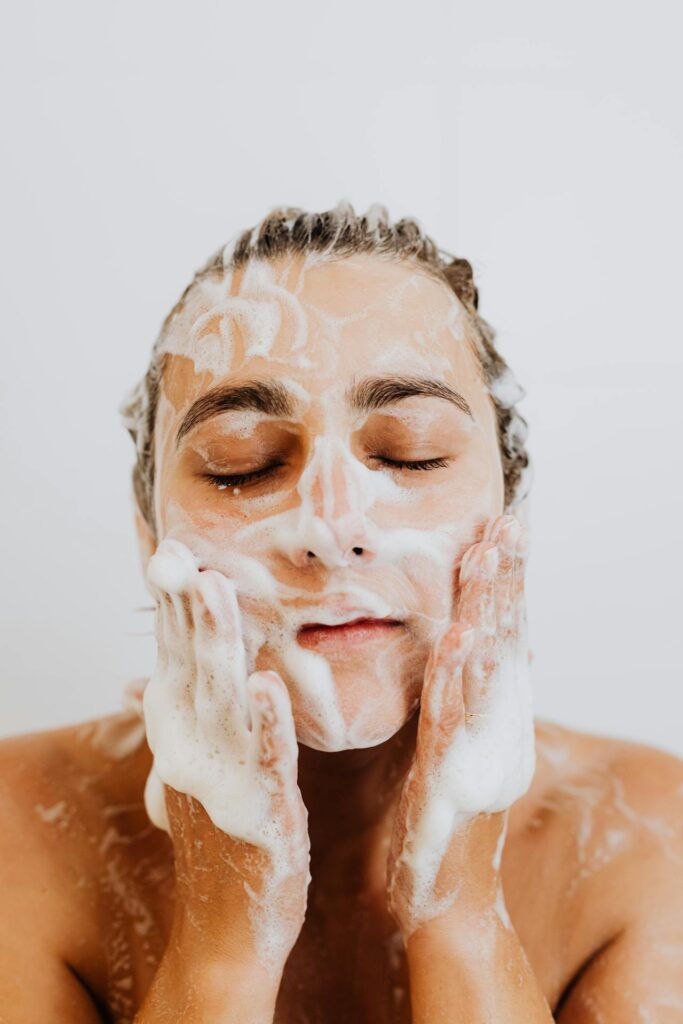
I started small. Really small. Like, “take three deep breaths before I sit down at my desk” small. It felt silly at first, but you know what? It helped. It was a tiny moment of calm before the storm of busy government program stuff hit.
Another thing I started doing was what I call my “gratitude commute.” Instead of stressing about the day ahead during my drive to work, I’d think of three things I was grateful for. Sometimes it was big stuff, like my health. Other times it was as simple as, “Yay, I remembered to buy coffee!”
These little acts started to add up. I found myself feeling a bit more centered, a bit more ready to face the day. And the best part? They didn’t require any extra time in my already packed schedule.
Now, let’s talk about overcoming obstacles and staying consistent. This is where the rubber meets the road. I’ll be real with you – there were plenty of times I fell off the self-care wagon.
I remember one particularly hectic week where I completely abandoned my routine. By Friday, I was a mess. Snapping at coworkers, forgetting important deadlines, the works. That’s when I realized: self-care isn’t a luxury, it’s a necessity.
One thing that’s helped me stay on track is linking self-care activities to things I already do. For example, I do a quick stretch routine while my coffee brews in the morning. It’s become such a habit that now it feels weird if I don’t do it.
I’ve also learned to be flexible. Some days, my self-care might be a 30-minute yoga session. Other days, it might be taking five minutes to sit quietly and breathe. The important thing is doing something, even if it’s small.
Another trick I’ve found helpful is to plan for obstacles. I know that during the holidays, I’m going to be extra stressed and pressed for time. So I make sure to have some quick, easy self-care strategies ready to go. Even if it’s just putting on my favorite song while I work, it helps.
Now, let’s talk about adjusting your routine as your needs change. This is crucial, folks. What works for you now might not work forever, and that’s okay.
I used to be all about long, relaxing nature hikes for my physical self-care. But after an injury, I had to switch to gentler exercises. At first, I was frustrated. But then I discovered the joy of a good yoga session. Now, I can’t imagine my routine without it. i’d love to get back to those long, relaxing hikes, but my body isn’t there, yet.
Your self-care needs might change with the seasons, too. In the winter, I find I need more social connection to ward off the blues. In the summer, I crave more time in nature. It’s all about tuning in to what you need in the moment.
One thing I’ve found super helpful is doing regular check-ins with myself. Every month or so, I take a few minutes to reflect on my self-care routine. What’s working? What’s not? What do I need more or less of? It helps me stay on track and make sure my routine is actually serving me.
Creating a sustainable self-care routine is a process. It’s okay if you don’t get it perfect right away. Heck, I’m still tweaking mine all the time. The important thing is to keep at it.
Start small, be consistent, and be willing to adjust as you go. Your future self will thank you for it. And who knows? You might just find that taking care of yourself makes you better equipped to handle whatever life throws your way.
Take that deep breath, do that stretch, or say that affirmation. Your self-care journey starts now. And trust me, it’s worth it!
Conclusion
Phew! We’ve covered a lot of ground, haven’t we? From understanding what self-care really means to creating a routine that works for you, it’s clear that self-care isn’t a one-size-fits-all deal. Remember, it’s not selfish to take care of yourself – it’s necessary. Start small, be patient with yourself, and don’t be afraid to adjust your approach as you go. After all, self-care is a journey, not a destination. So, why not start your self-care adventure today? Your mind, body, and soul will thank you. Here’s to a happier, healthier you in 2024 and beyond!
If you’ve read this far and enjoyed this post, why not subscribe to keep updated on what I write? You can unsubscribe at any time, if you feel it’s not a good fit. Hope to see you soon!

